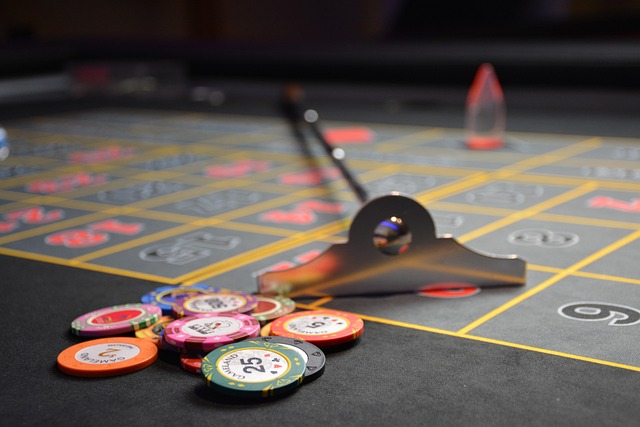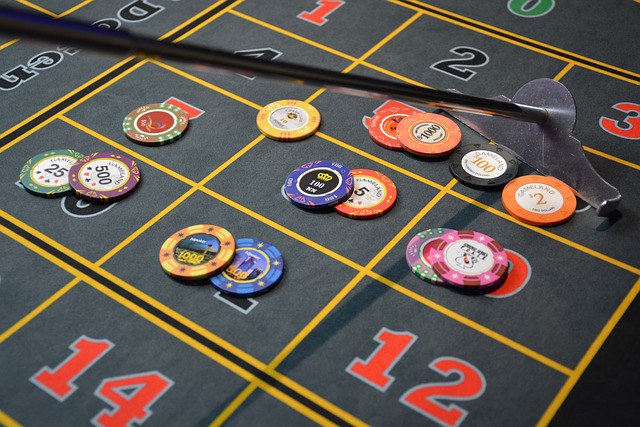
In the world of gambling, strategy, odds, and bankroll management are important—but nothing plays a more critical role than emotional control. Whether you’re spinning slots, betting on sports, or playing at the poker table, how you respond to wins and losses will shape your long-term results more than any other factor. The ability to stay calm, make rational decisions, and avoid chasing emotions separates casual players from truly successful ones. In this post, we’ll explore why emotional control matters in gambling and how you can develop it to improve your overall experience and outcomes.
Why Emotions Can Derail Your Gambling Strategy
Gambling naturally triggers powerful emotions—excitement, frustration, hope, fear, anger, and euphoria. When you’re on a winning streak, it’s tempting to raise the stakes. When you’re losing, you might try to chase losses. Both reactions are driven by emotion, not logic—and they can quickly destroy even the best-laid plans.
Common emotional pitfalls include:
- Chasing losses after a bad run
- Overconfidence following big wins
- Frustration leading to impulsive bets
- Fear of missing out (FOMO) driving poor decision-making
- Desperation to get back to even
These reactions cloud judgment and lead to riskier, less disciplined choices, which can result in financial losses and psychological stress.
The Psychology Behind Gambling Emotions
Gambling stimulates the brain’s reward system, releasing dopamine—a chemical associated with pleasure and motivation. This creates a feedback loop: you gamble, you feel excited, and you want to continue for more of that feeling.
But the brain doesn’t distinguish between smart bets and emotional ones. It simply responds to short-term rewards, which can lead to compulsive behavior over time.
Understanding this brain response helps you:
- Recognize when you’re reacting emotionally
- Pause and reflect before making a decision
- Remind yourself that every bet should serve your long-term strategy—not your immediate emotional state

Emotional Control = Long-Term Success
What separates consistent winners from everyone else isn’t luck—it’s discipline. Emotional control is the foundation of:
- Sound bankroll management
- Consistent decision-making
- The ability to walk away—win or lose
- Avoiding tilt (emotional instability that leads to poor gambling behavior)
- Knowing when not to play
A player who remains cool-headed during a losing streak is far more likely to recover than one who panics and doubles down. Likewise, a player who stays grounded after a big win avoids overbetting and blowing their gains.
How to Improve Your Emotional Control While Gambling
Emotional control is a skill that takes time to develop. Here are actionable steps to build it:
1. Set Clear Limits Before You Start
Establish a budget and a win/loss limit for each session. Stick to it no matter what happens.
2. Take Regular Breaks
Step away from the screen or table every hour to reset your mindset. Stretch, get fresh air, or drink water.
3. Recognize Triggers
Track how you feel after wins, losses, or long sessions. Becoming aware of your emotional patterns helps you interrupt negative behavior loops.
4. Practice Mindfulness or Meditation
Techniques like deep breathing, mindfulness, and grounding exercises can help you stay present and focused—even during intense moments.
5. Don’t Mix Gambling with Stress or Alcohol
Gambling while upset, tired, or under the influence increases impulsivity and weakens emotional regulation.

Final Thoughts: Mastering Your Mind is Mastering the Game
You don’t need to be a mathematical genius or a high-roller to succeed in gambling. But you do need to stay emotionally grounded. The players who last the longest and walk away with consistent results are the ones who understand that gambling is a long-term game of discipline, not short-term emotion.
By developing emotional control, you give yourself the best possible edge—one that can’t be bought, but must be earned. And that’s what truly sets successful gamblers apart.
Meta Title:
The Illusion of Control in Skill-Based Casino Games: What You Need to Know
Meta Description:
Do you really control the outcome in skill-based casino games? Learn how the illusion of control affects your decision-making and bankroll management.







